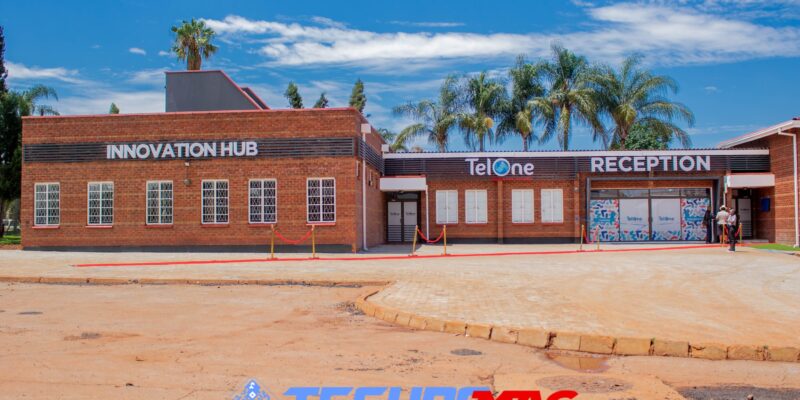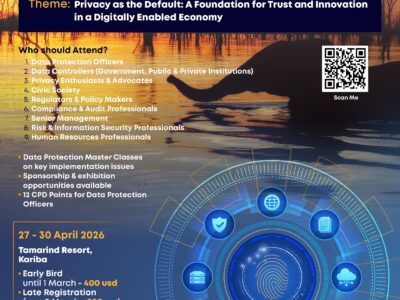Telone officially inaugurated a US$400,000 Innovation Hub aimed at accelerating the country’s digital transformation. This milestone reflects the nation’s commitment to Education 5.0, digital empowerment, and the newly ratified National Artificial Intelligence Strategy.
By Ropafadzo Mashawi .
At the launch ceremony, Information Communication Technology, Postal and Courier Services Minister Tatenda Mavetera emphasized that the hub’s opening is pivotal to Zimbabwe’s evolution into a modern, technology-driven economy.

She called on institutions like the TelOne Centre for Learning to play a leading role in leveraging AI for national progress.
“This ceremony is far more than a celebration of academic achievement,” she said. “It is a powerful declaration of our nation’s intent to lead in building a digitally empowered future.”
Minister Mavetera further stated that the Innovation Hub is a considerable step towards realizing Vision 2030.
“It stands as a beacon, a tangible commitment to the idea that Zimbabwe’s most valuable resource is not in the ground, but in the minds of its people.”
The event not only honored academic perseverance but also highlighted a collective ambition to harness innovation and technology as essential drivers of development.
TelOne management and its board underscored the importance of equipping graduates with practical, industry-ready skills that align with the principles of Education 5.0. They stressed the necessity of bridging the gap between academia and the workforce while promoting inclusivity in the national digital transformation.
TelOne CEO Engineer Lawrence Nkala remarked that the investment in the Innovation Hub—which accounted for US$280,000 dedicated to renovating the facility, now valued at US$400,000—demonstrates the company’s commitment to fostering innovation.
“We want to turn Zimbabwe from a consumer of products to a creator of goods and services for the benefit of the country,” Eng Nkala stated.
The launch of the Innovation Hub marks a transformative step for Zimbabwe, positioning the nation as a competitive player in the digital economy. By prioritizing education and technological advancement, Zimbabwe aims to unlock the full potential of its human capital. As the country embraces this digital revolution, the collaboration between government, educational institutions, and private enterprises will be crucial in steering Zimbabwe toward a prosperous, innovation-driven future.














Comments